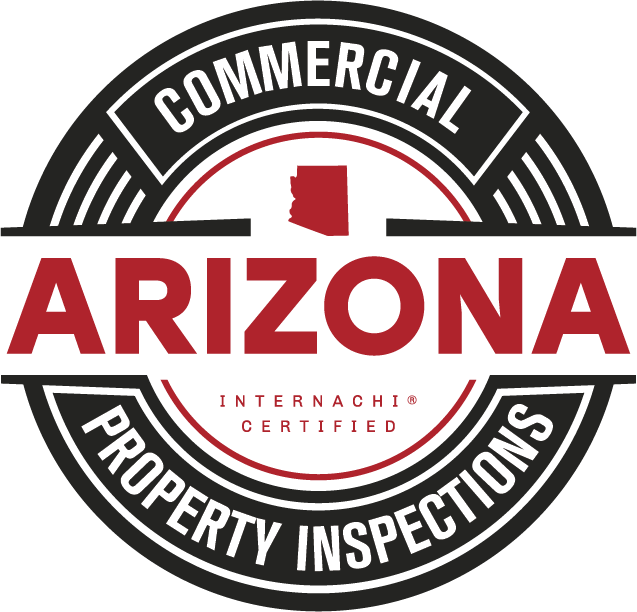A commercial property inspection is a crucial part of owning, leasing, or investing in a business property. Whether you’re preparing for a sale, lease agreement, or just doing routine due diligence, knowing what to expect and how to prepare can save you time, money, and stress. Here’s a practical guide for business owners to ensure your commercial inspection goes smoothly.
Why Commercial Inspections Matter
Commercial inspections help identify structural, mechanical, electrical, and safety issues in your building. They provide insight into the condition of the property and often influence financial decisions such as negotiations, renovations, or long-term maintenance planning.
Unlike residential inspections, commercial assessments often cover larger, more complex systems and structures. These inspections may include:
- HVAC systems
- Fire suppression and alarm systems
- Plumbing and electrical panels
- Elevators and ADA compliance
- Roof and structural integrity
- Parking lots and exterior features
Step-by-Step: How to Prepare
1. Review Lease or Purchase Agreements
If you’re buying or leasing the property, start by reviewing the terms in your contract. Some agreements specify responsibilities for repairs or inspections—be clear on what’s expected of you and what falls on the other party.
2. Schedule a Pre-Inspection Walkthrough
Before the official inspection, walk through the building with your facilities manager or maintenance lead. Create a checklist of any known issues or areas you suspect may need attention, such as leaks, flickering lights, or malfunctioning equipment.
3. Organize Access and Documentation
Make sure all areas of the building are accessible to the inspector, including:
- Electrical and mechanical rooms
- Basements and crawlspaces
- Rooftop units
- Storage areas
Also, have documentation ready for the inspector, such as:
- Maintenance records
- Fire safety inspection reports
- HVAC service logs
- Renovation or upgrade permits
These documents can help inspectors understand the property’s history and current condition.
4. Notify Tenants and Staff
If the property is occupied by tenants or staff, inform them about the inspection schedule. This helps avoid disruptions and ensures areas are accessible. It also gives staff the chance to secure confidential or sensitive materials.
5. Tidy Up
While cleanliness doesn’t impact the structure, a tidy and well-maintained building makes a positive impression. It also helps inspectors move around safely and efficiently.
Bonus Tip: Ask Questions!
Don’t hesitate to engage with your inspector. Ask questions about anything unclear or concerning. A good inspector will explain their findings and help you understand the implications—both immediate and long-term.
Wrapping Up
Being proactive and organized before a commercial inspection can lead to a faster process and more accurate results. It shows due diligence and professionalism, which benefits negotiations, budgeting, and ongoing maintenance planning.
Whether you’re a seasoned property owner or a first-time buyer, preparation is your best tool to ensure your building stands up to scrutiny—and continues to support your business for years to come.

